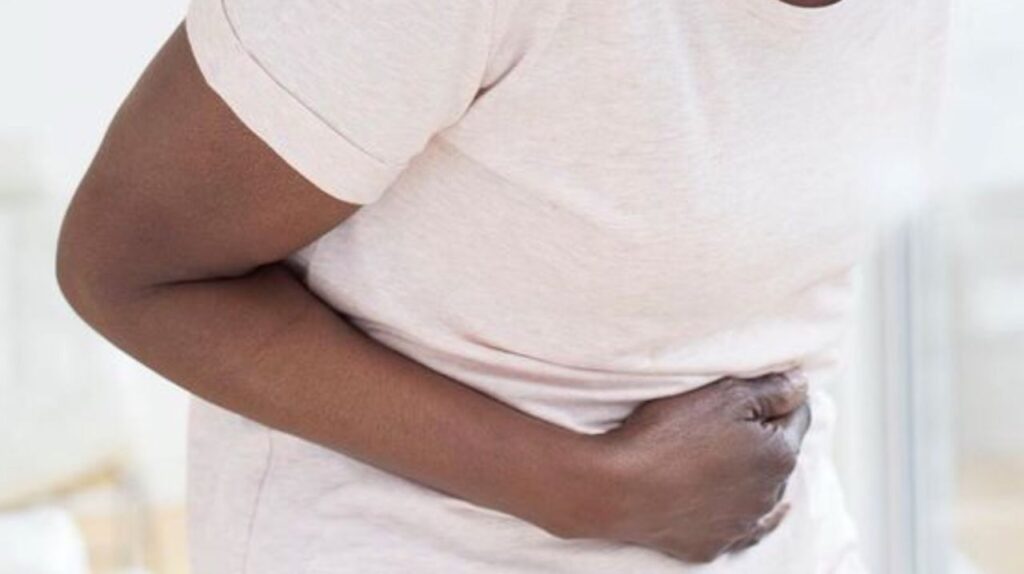You’ve planned your dream vacation and are excited about it. Then, food poisoning ruins it. What is supposed to be a fun-packed trip turns into excruciating days, and you suddenly can’t wait to get better and go home.
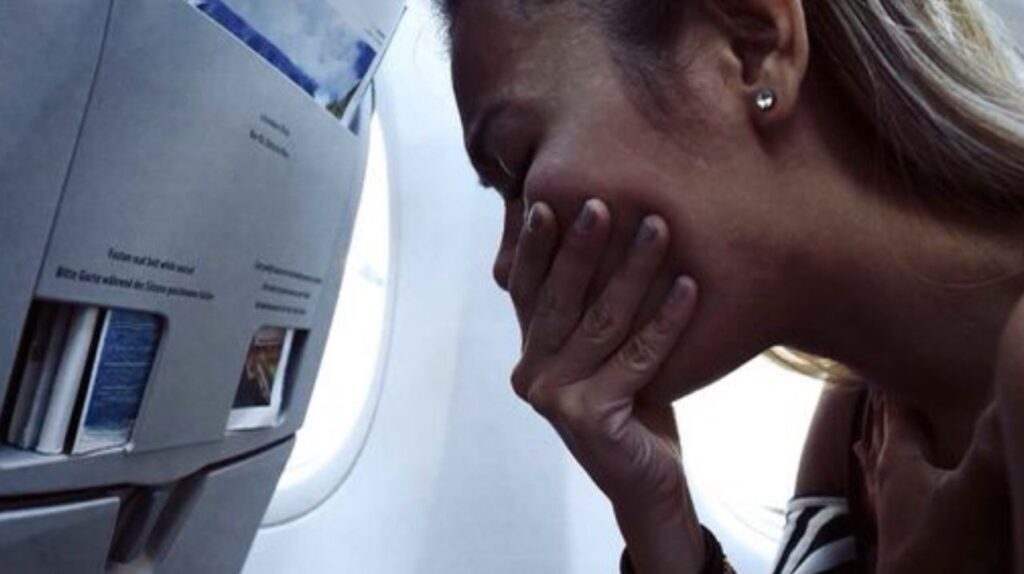
Source: Pinterest
According to Dr Shengyi Mao, an internist and pediatrician at the Ohio State University Wexner Medical Center, food poisoning is a common occurrence when traveling because our bodies are not used to the local bacteria found in the food and water. Thankfully, if you find yourself in such a situation, there are things you can do to relieve yourself of the discomfort. Let’s take a look.
Stay Hydrated
Vomiting and diarrhea can lead to dehydration, so drinking plenty of liquids helps replenish what you’ve lost and fight off the effects of food poisoning.

Source: Pinterest
So, to stay hydrated during food poisoning, take liquids like water, fruit juices with water added to dilute the juice, sports drinks, and broths. Electrolyte-heavy drinks can also help you recover faster.
Try Bland Foods
BRAT diet, which stands for “Bananas, Rice, Apples, and Toast,” is a great food option when treating food poisoning. If you don’t like these, you may try crackers, plain grits, and plain oatmeal.
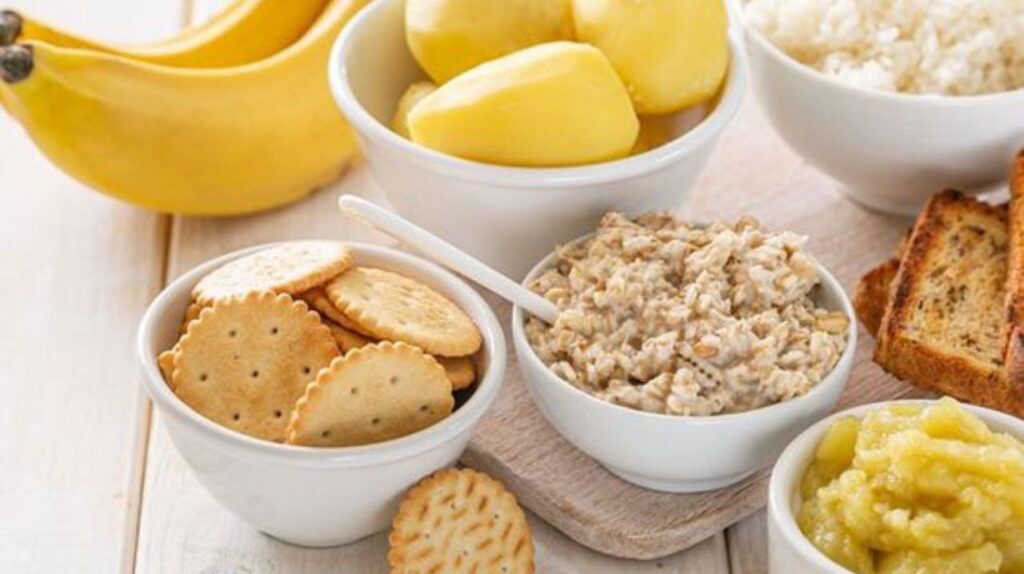
Source: Pinterest
In addition, avoid caffeine, fried foods, fatty foods, and spicy foods because they irritate your already irritated stomach.
Take Enough Rest
Resting is necessary when treating food poisoning as it prevents amplifying your discomfort. So, try to manage your uneasiness by getting into a comfortable position and not forcing any movement unless necessary.

Source: Pinterest
Rest as much as possible and monitor your temperature. This will help you regain your lost strength and track your progress.
Monitor Your Symptoms
Food poisoning has different symptoms, and it’s crucial to identify and monitor them over time. Some common examples are cramps, nausea, vomiting, diarrhea, lack of energy, fever, and loss of appetite.
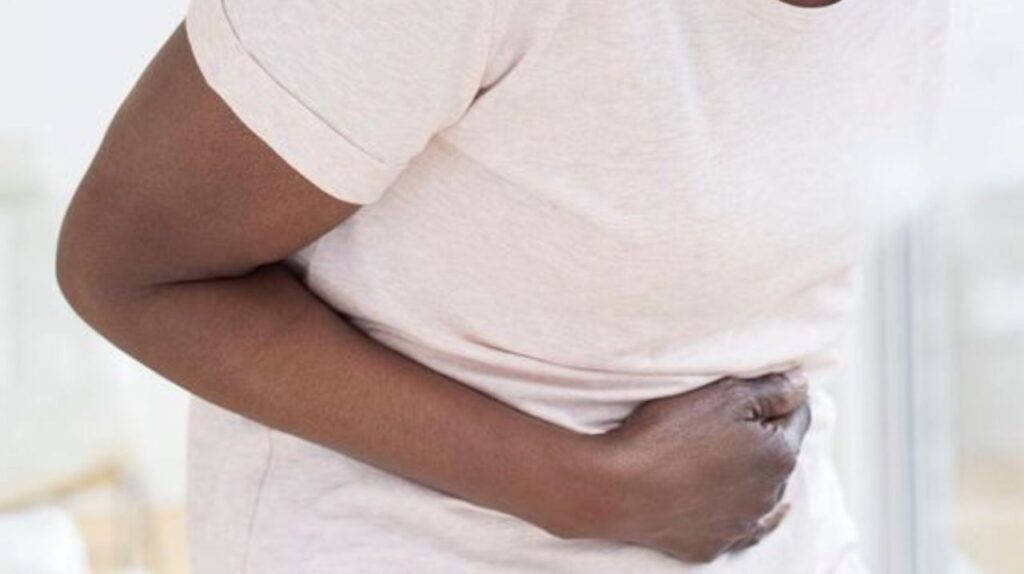
Source: Pinterest
Non-gastrointestinal symptoms, like joint pain, may also be associated with specific food-borne infections. So, track these symptoms to see how they improve over time.
Consider Over-the-counter Meds
Sometimes, over-the-counter medicines can be helpful when experiencing food poisoning. Medicines like Tylenol reduce fever, and ibuprofen reduces stomach cramps when taken moderately.
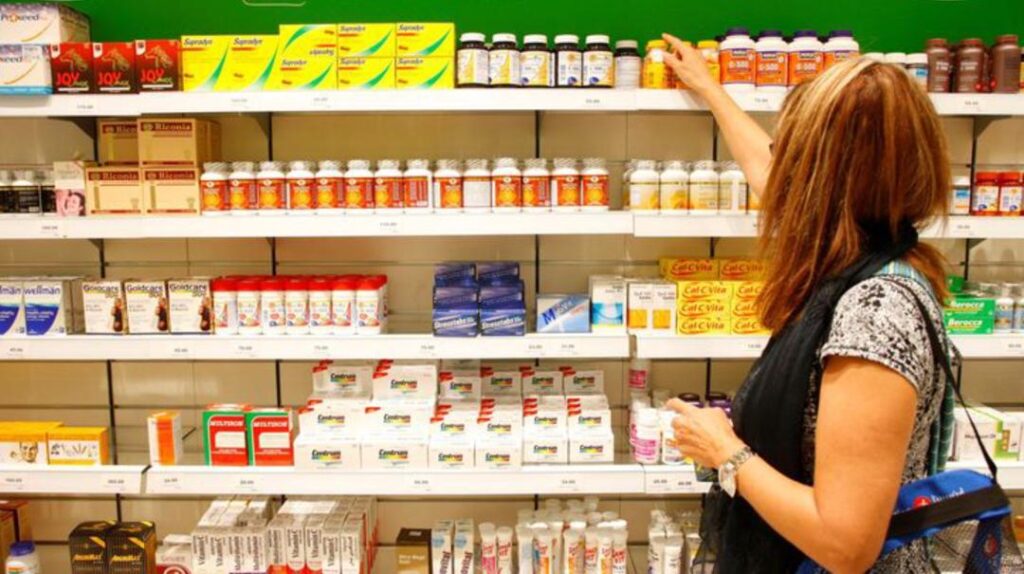
Source: Pinterest
Doctors advise taking anti-diarrhea meds like Imodium unless necessary. However, if you’re living in a foreign country, research the equivalent of these medicines to reduce food poisoning.
Contact a Doctor
There are warning signs to take note of when experiencing food poisoning. Some of them include persistent fever, blood in the stool, severe abdominal pain, and dehydration. If you notice any of these symptoms, contact a doctor immediately.

Source: Pinterest
Research the nearest hospital in your area, or inform your hotel front desk or travel insurance provider. They’ll advise you on how to find suitable care.
Take Medical Kits
Food poisoning is common during trips, so it’s best to plan for it. Pack over-the-counter medications for any anticipated digestive issues. Take rehydration solutions containing electrolytes so you can prepare for any health emergency.
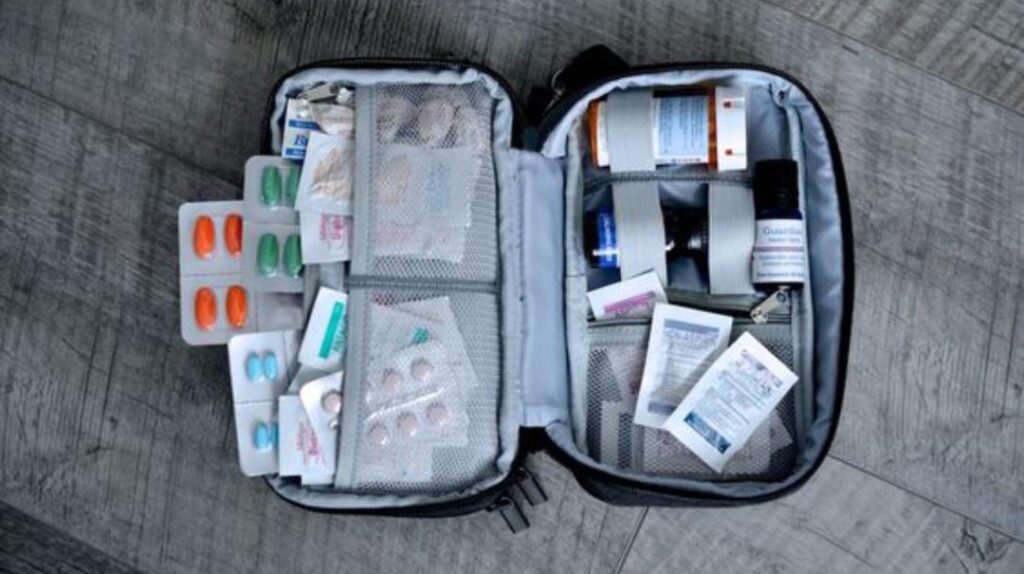
Source: Pinterest
You may also research the illnesses associated with the location you’re going to. This way, you can take preventive measures.
List Reputable Hospitals in The Location
A proactive measure to plan for any health emergency is listing the health facilities around your location. You may find a doctor’s number and confirm their availability during your stay.

Source: Pinterest
List all nearby health facilities, note their opening and closing hours, and discover their requirements for health care. Doing this allows you to easily access healthcare in urgent cases.
Monitor Your Intake of Water and Undercooked Foods
Water and undercooked foods can greatly contribute to food poisoning. For example, ice cubes made with unfiltered water, fruits washed with unclean water, and food cooked with infected water can upset your stomach.

Source: Pinterest
So, ensure you monitor the water you use to wash your salads and fruits. It’s also advisable to eat from reputable restaurants and maintain overall hygiene.
Eat Foods in High Temperature
Cooking foods at high temperatures kills off most of the germs and bacteria that can lead to food poisoning. In contrast, cold and lukewarm food are breeding grounds for all types of germs.
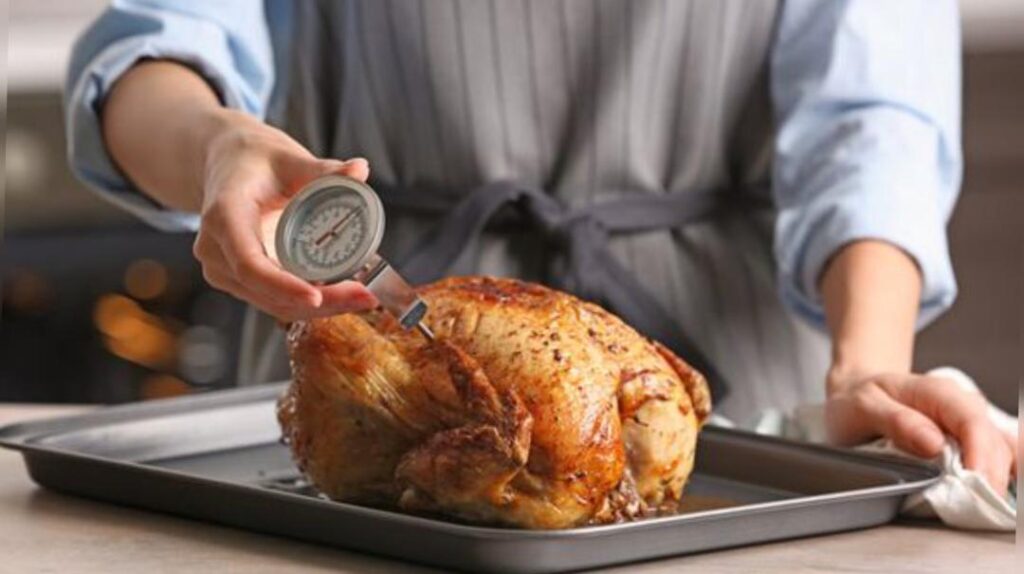
Source: Pinterest
So, while on your trip, stick to foods that require high temperatures, like cooking, broiling, roasting, and grilling.
Research New Foods Before Trying Them
One of the exciting parts about trips is trying new foods. Unfortunately, eating certain foods can cause or exacerbate food poisoning.

Source: Pinterest
Prevent this from happening by researching the new foods you want to try. Do they contain ingredients that may upset your stomach, or are you allergic to some? Researching and asking these questions can prevent and reduce different gastrointestinal problems so you can fully enjoy your trip!
